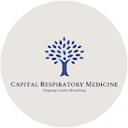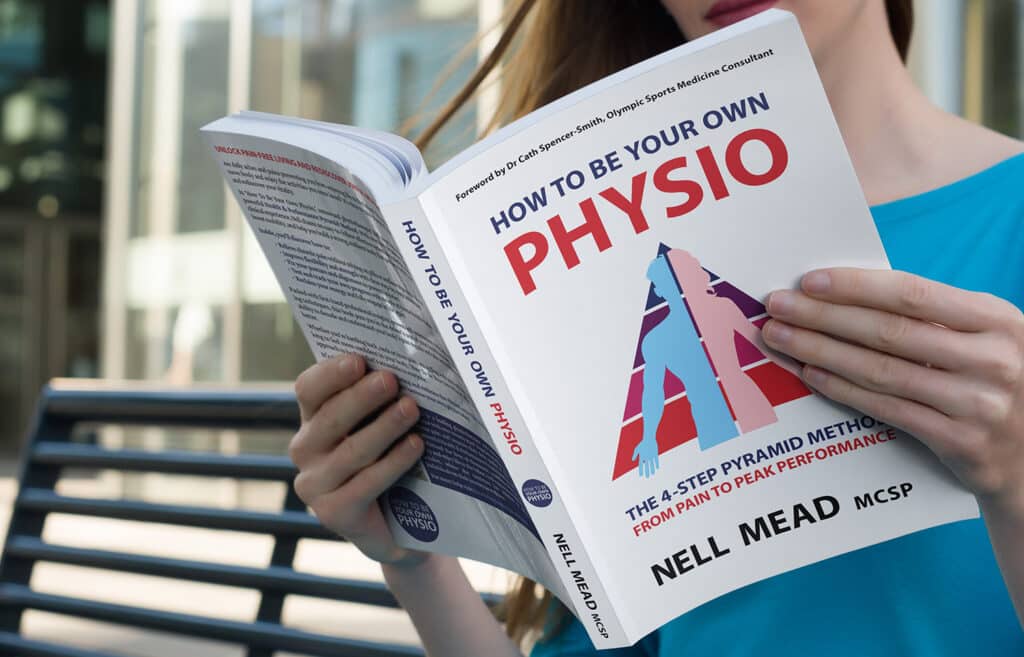Last week, I wrote about the difference between acute, local inflammation (first stage of healing: good) and chronic, systemic inflammation (body attacking itself: bad) and explained that the things you can do to optimise your system to reduce inflammation were to stop smoking, cut down on the alcohol, sort out your sleep hygiene, reduce your stress levels, drink plenty of water, eat well, and exercise in moderation with good movement patterns. Today I want to start talking about what this means in practice. Stopping smoking and cutting down on alcohol – it should be pretty obvious how to do that, right? So I’m going to start with sleep.
Did you know that in 2010, British doctors issued more than 15,000,000 prescriptions for sleeping pills, and around one in ten adults now regularly takes some form of sleep-related medication? Poor sleeping habits reduce productivity, prevent learning, disrupt relationships, cramp creative thinking and sap self-control. Poor sleep is also associated with depression and obesity, and is linked to an increased risk of heart disease, diabetes and high blood pressure.
All of these issues are directly attributable to the chronic inflammation caused by poor sleep – either because people don’t get enough sleep, or because the sleep they do get is of poor quality (or both!)
So – when should you be sleeping, and for how long? And more importantly – what’s the best way to get a good night’s sleep? We did a survey recently of the top 5 questions people ask about their sleep, and then researched the answers…
Is it better to be an early bird or a night owl? Neither, especially! Whether you’re an early bird or more of a night owl tends to be influenced by your genes. It’s not entirely clear cut though – the younger you are, the more likely you are to be a night owl, whilst older people tend to go to bed earlier and get up earlier. Really though, it doesn’t make too much difference, as long as the quality of your sleep is good. Try to keep it consistent though – there’s evidence to suggest that people who work varying shift patterns have an up to 30% increased risk of breast cancer. The iPhone has a good native app for this in the Clock, called Bedtime, and you can set reminders of when you want to go to sleep and wake up.
How much sleep do you need? The truth is that it varies from person to person so there’s no one-size-fits-all solution. According to the National Sleep Foundation, most adults do best on around 7-9 hours of sleep per night, with teenagers needing up to 2 hours more, and over 65s an hour or so less. But this doesn’t all have to be in one go – think of the Mediterranean where afternoon siestas are the norm.
Why do I feel exhausted when I wake up? This could well be to do with when you wake up. When you sleep, you cycle through different sleep phases and each cycle lasts roughly 90 minutes. If you wake during a REM (deep sleep) phase, you’re likely to feel groggy and tired straight away. To help counteract this, work out when you need to be awake and then count back in 90 minute cycles to work out when you should ideally fall asleep.
What’s the deal with the blue light – will looking at screens stop me sleeping? Electronic screens such as phones, TVs and computers produce what’s known as ‘blue light’ – essentially, the light tricks your brain into thinking that it’s day time, and keeps you awake and alert. When it gets dark, your brain produces a hormone which makes you feel sleepy (melatonin) but blue light blocks this hormone, making it harder for you to fall asleep. Try to avoid looking at screens an hour before bedtime to improve your chances of falling asleep… or if you absolutely have to use your laptop, download an app called Flux which reduces the blue light from your screen, or get a pair of orange-lensed glasses to block blue light and UV.
Is sleep really that important? Absolutely. We used to think that sleep was just putting ourselves in ‘idle mode’ but research is increasingly showing that sleep is a period where we process our day, grow muscle, repair tissue and synthesize tissue. Short-term effects of sleep deprivation can include slower reaction times and a lack of agility (ever felt more clumsy after a bad night’s sleep?) but long term lack of sleep has been linked to obesity, diabetes and heart disease.
So… aim for about 7.5-9 hours of sleep measured in 90-minute cycles, try to go to bed at a consistent time, avoid caffeine and turn off your screens an hour before bedtime! Other things you can do to help improve your sleep quality are to write down everything that’s on your mind before you get into bed (otherwise you’ll sometimes lie awake worrying that you might forget things – write it down and then let your subconscious deal with it). Eat some protein before bed (don’t go to bed hungry!), make sure your bed is warm enough, make sure the room is totally dark – and if I’m really struggling, I use a guided meditation app on my phone like the Headspace app, or a self-hypnosis track by someone like Paul McKenna.
Want to know more?
For people with mild to moderate sleep issues, my nutritionist, Matt Lovell (more impressively, he’s also nutritionist to the England Rugby team and to the England Football team) has also created a nutritional supplement called R5 Aminos which can really help with sleep issues; and I also recommend a fantastic book by psychologist Richard Wiseman, called Night School.
However, if your sleep issues are more severe, you may benefit from more structured help – I recommend sleep expert Dr Aditi Desai, who works at The Shard and who has successfully treated several of my patients. If you would like a referral for a sleep assessment, please do ask during your physio session and I will be happy to help.







